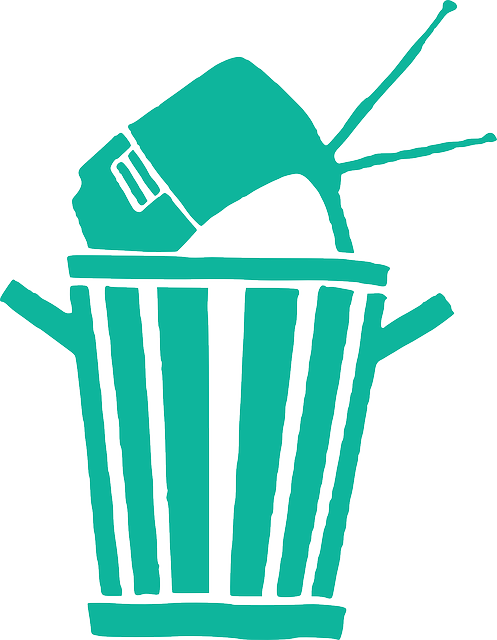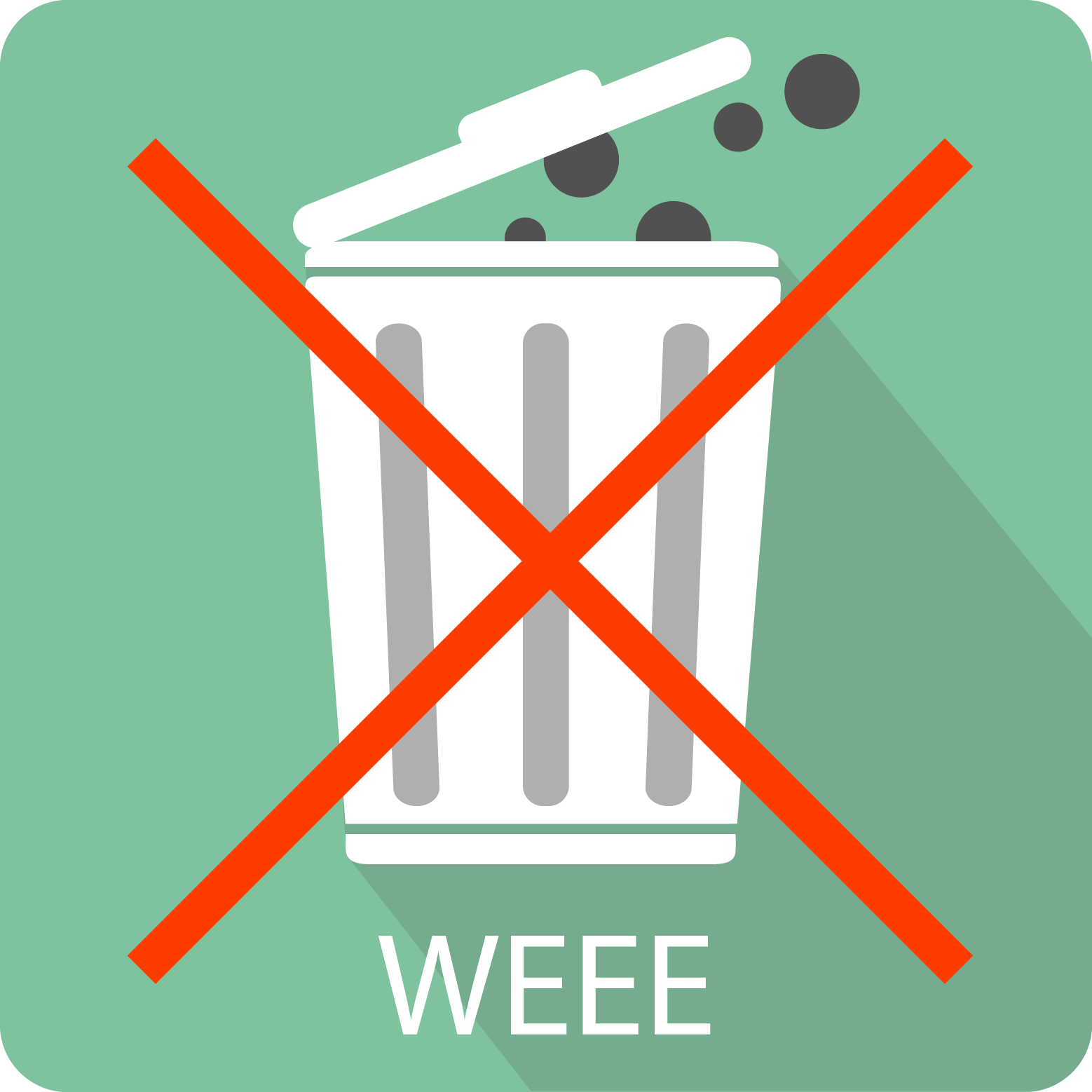The 3R Principle and Electronic Waste
First, 3R is an accronym. It stands for:
- Reduce,
- Reuse,
- Recycle
In short, it represents a set of guidelines for sustainable waste management. This principle aims to minimize the environmental impact of waste by encouraging responsible consumption and waste reduction. 3R applies to any time of waste, including electronics. Here’s a brief overview of each component:
Reduction of Electronic Waste
I remember my environmental teacher repeating that the best waste is the one that does not exist. Thus, the first step in the 3R principle is to reduce the amount of waste generated. It involves cutting down on the use of resources and minimizing waste at the source. Examples of e-waste include:
- Avoid disposable electronic products. For example, do we need some one-time-use electronics, like some LED bracelets? Or ask yourself: do you need the latest model?
- Choosing light (but robust) electronics with minimal packaging.
- Adopt practices leading to overall lower consumption. It includes turning off idling electronics, especially those with fans or motors. Therefore, your electronic lifespan will get longer.
- In the same vein, take care of your devices. Manipulate them only in a safe environment. Don’t drop them or expose them to water.



